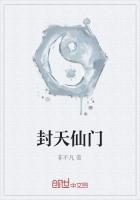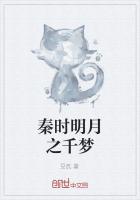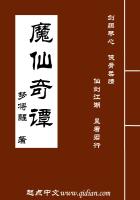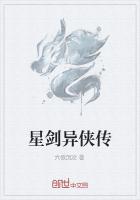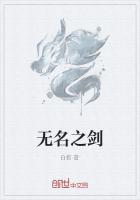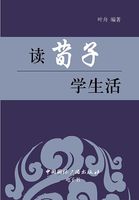We have now explained what colour is, and the reason why there are many colours; while before, in our work On the Soul, we explained the nature of sound and voice. We have next to speak of Odour and Savour, both of which are almost the same physical affection, although they each have their being in different things. Savours, as a class, display their nature more clearly to us than Odours, the cause of which is that the olfactory sense of man is inferior in acuteness to that of the lower animals, and is, when compared with our other senses, the least perfect of Man's sense of Touch, on the contrary, excels that of all other animals in fineness, and Taste is a modification of Touch.
Now the natural substance water per se tends to be tasteless. But [since without water tasting is impossible] either (a) we must suppose that water contains in itself [uniformly diffused through it] the various kinds of savour, already formed, though in amounts so small as to be imperceptible, which is the doctrine of Empedocles; or (b) the water must be a sort of matter, qualified, as it were, to produce germs of savours of all kinds, so that all kinds of savour are generated from the water, though different kinds from its different parts, or else (c) the water is in itself quite undifferentiated in respect of savour [whether developed or undeveloped], but some agent, such for example as one might conceive Heat or the Sun to be, is the efficient cause of savour.
(a) Of these three hypotheses, the falsity of that held by Empedocles is only too evident. For we see that when pericarpal fruits are plucked [from the tree] and exposed in the sun, or subjected to the action of fire, their sapid juices are changed by the heat, which shows that their qualities are not due to their drawing anything from the water in the ground, but to a change which they undergo within the pericarp itself; and we see, moreover, that these juices, when extracted and allowed to lie, instead of sweet become by lapse of time harsh or bitter, or acquire savours of any and every sort; and that, again, by the process of boiling or fermentation they are made to assume almost all kinds of new savours.
(b) It is likewise impossible that water should be a material qualified to generate all kinds of Savour germs [so that different savours should arise out of different parts of the water]; for we see different kinds of taste generated from the same water, having it as their nutriment.
(C) It remains, therefore, to suppose that the water is changed by passively receiving some affection from an external agent. Now, it is manifest that water does not contract the quality of sapidity from the agency of Heat alone. For water is of all liquids the thinnest, thinner even than oil itself, though oil, owing to its viscosity, is more ductile than water, the latter being uncohesive in its particles; whence water is more difficult than oil to hold in the hand without spilling. But since perfectly pure water does not, when subjected to the action of Heat, show any tendency to acquire consistency, we must infer that some other agency than heat is the cause of sapidity. For all savours [i.e. sapid liquors] exhibit a comparative consistency. Heat is, however, a coagent in the matter.
Now the sapid juices found in pericarpal fruits evidently exist also in the earth. Hence many of the old natural philosophers assert that water has qualities like those of the earth through which it flows, a fact especially manifest in the case of saline springs, for salt is a form of earth. Hence also when liquids are filtered through ashes, a bitter substance, the taste they yield is bitter. There are many wells, too, of which some are bitter, others acid, while others exhibit other tastes of all kinds.
As was to be anticipated, therefore, it is in the vegetable kingdom that tastes occur in richest variety. For, like all things else, the Moist, by nature's law, is affected only by its contrary;and this contrary is the Dry. Thus we see why the Moist is affected by Fire, which as a natural substance, is dry. Heat is, however, the essential property of Fire, as Dryness is of Earth, according to what has been said in our treatise on the elements. Fire and Earth, therefore, taken absolutely as such, have no natural power to affect, or be affected by, one another; nor have any other pair of substances. Any two things can affect, or be affected by, one another only so far as contrariety to the other resides in either of them.
As, therefore, persons washing Colours or Savours in a liquid cause the water in which they wash to acquire such a quality [as that of the colour or savour], so nature, too, by washing the Dry and Earthy in the Moist, and by filtering the latter, that is, moving it on by the agency of heat through the dry and earthy, imparts to it a certain quality. This affection, wrought by the aforesaid Dry in the Moist, capable of transforming the sense of Taste from potentiality to actuality, is Savour. Savour brings into actual exercise the perceptive faculty which pre-existed only in potency. The activity of sense-perception in general is analogous, not to the process of acquiring knowledge, but to that of exercising knowledge already acquired.







